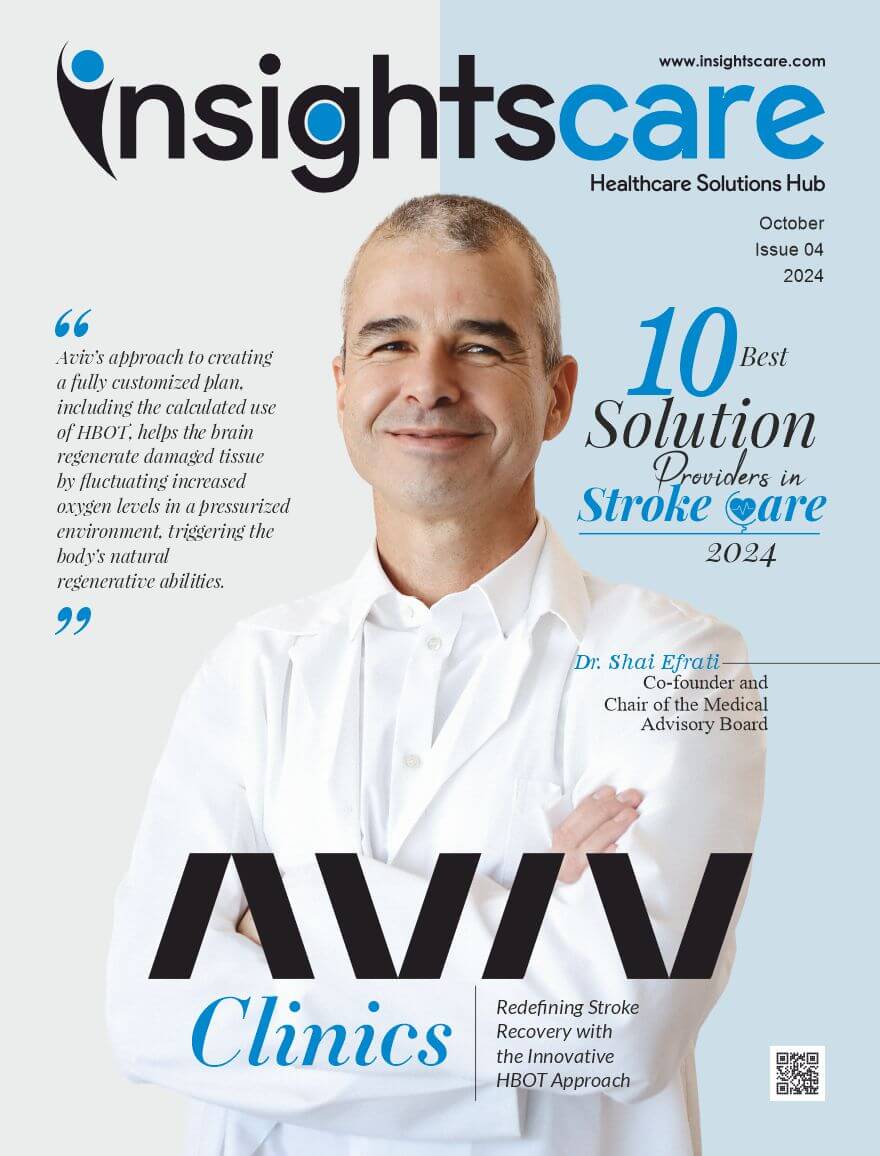Diabetes Australia has unveiled a new funding initiative to advance research in life-changing diabetes technologies. The Diabetes Technology Research Accelerator Grant program aims to expedite the development of new diabetes technologies by fostering collaboration between the medical technology, biotechnology, and pharmaceutical industries with academics and clinicians.
During a visit to the world-renowned diabetes technology research facility at St Vincent’s Hospital in Melbourne, Diabetes Australia Group CEO Justine Cain emphasized the transformative impact of diabetes technologies on management and patient lives. “We are investing seed funding of $250,000 into this research program to create real solutions for people living with diabetes,” Ms. Cain stated.
“However, we need additional support to maximize our impact. We are seeking matched funding from industry partners, aiming to raise $1 million to drive this initiative and create significant change. Australia boasts some of the world’s top researchers and innovators in diabetes technologies, particularly evident here at St Vincent’s Hospital, where cutting-edge research is underway,” she added.
Professor David O’Neal, Senior Endocrinologist at St Vincent’s Hospital Melbourne, and his team are focused on the development of Automated Insulin Delivery (AID) systems for individuals with type 1 diabetes—a project funded by Diabetes Australia and the Australian Centre for Accelerating Diabetes Innovations. AID systems continuously monitor glucose levels and provide rapid-acting insulin to maintain target glucose levels.
“Research shows that AID technology simplifies glucose management and significantly improves quality of life,” Professor O’Neal said.
Despite the life-changing benefits of AID technology, many individuals with type 1 diabetes cannot afford an insulin pump, a critical component of the system. “People shouldn’t be deprived of essential healthcare due to cost barriers. We urge the Federal Government to expand subsidies for insulin pumps for those living with type 1 diabetes,” Ms. Cain stressed.
William Heather, a 55-year-old from Hopper’s Crossing, was diagnosed with type 1 diabetes in his 20s and developed chronic kidney disease. The use of an AID system has drastically improved his life. “I couldn’t believe the difference the insulin pump made. My wife and I took out a bank loan to buy one because I couldn’t imagine managing my diabetes without it,” said William, a storeman.
“A charity helped me access a pump, and it’s the best health I’ve had since my diagnosis. My kidney disease has stabilized. Before the insulin pump, I was told I’d need dialysis within two years, but things look much more hopeful now,” he shared.
Read More: Click Here










